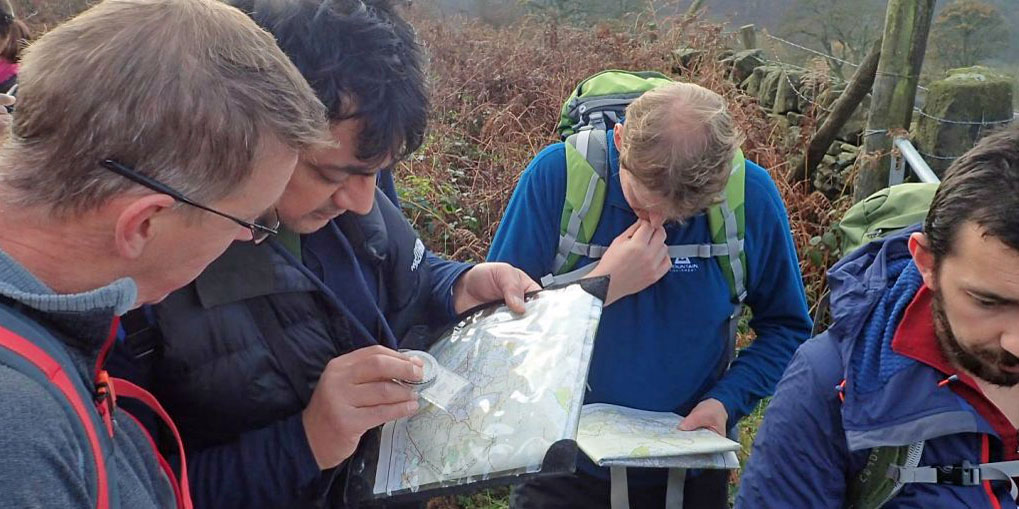When a leader is considering leaving their role the Group Scout Leader (GSL) may be tempted to delay the review to avoid losing a member of the team.
| Appointment Reviews | |||
| A/R form | Informal review | Formal review | New leader |
| Minor concerns | Greater concerns | New GSL | Large teams |
| Experienced leader | Leaving a role | Useful tips |
Delaying the review is not likely to have the intended outcome of keeping the leader engaged in their role and can also have negative impacts on the section, Group, and leader team.
Whether the intention to leave has been brought up in informal review, or heard through the grapevine, the best course of action is not to ignore the sentiment but to hold a review. The decision may not be as final as expected with options available to retain the volunteer in Scouting by being flexible to meet their needs.
It may be that the volunteer requires a reduction in time commitment, workload, or responsibility; is looking for further support in training, mentoring, administration; would like a change of role or focus; is frustrated with a lack of being able to effect change; or simply feels a lack of recognition.
Personal circumstances can often play a part in the ability to continue volunteering. Flexibility in role or a hiatus can allow the volunteer to meet their needs and still have the option to be involved.
In these circumstances it is helpful to:
- attend the review prepared with options for reassignment, more flexibility of tasks, etc;
- have sight of training history, including any potential needs – consider facilitating a mentor;
- consider development opportunities within the Group or District;
- find out what has changed and how this has impacted their motivation to remain involved, eg: if their child has moved sections, would they like to follow or take a support role?
- be aware that there may be issues in the Group dynamic that require management;
- visit the section to see issues first hand;
- know how to support volunteer recruitment in the section and across the Group;
- consider that a lack of recognition may have been a contributory factor and have sight of adult awards that may be appropriate;
- be open to changes that may be suitable within the Group to increase volunteer satisfaction;
- ensure any actions are implemented within agreed timescales.
If the volunteer cannot be accommodated through different approaches then a timescale for retirement should be agreed. If the volunteer is persuaded to stay for longer than they wish, it can have negative impacts on their section and section team, so ensuring they are happy with the departure date is key.

